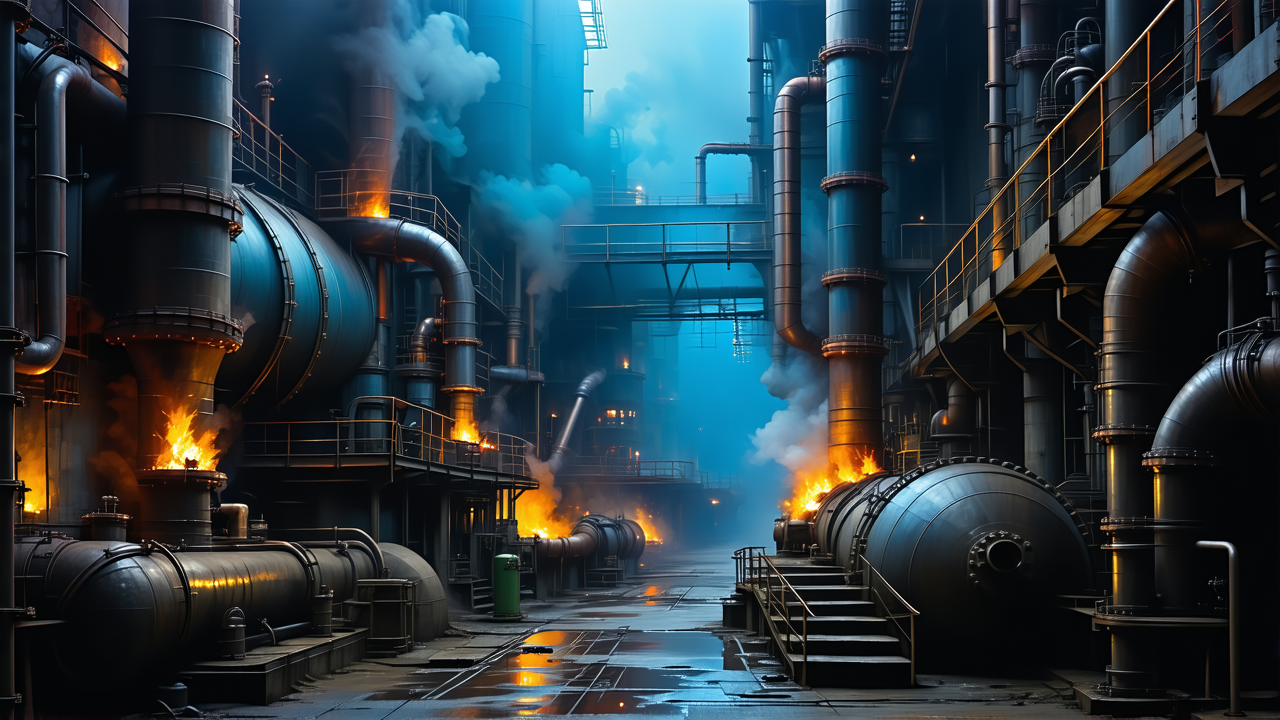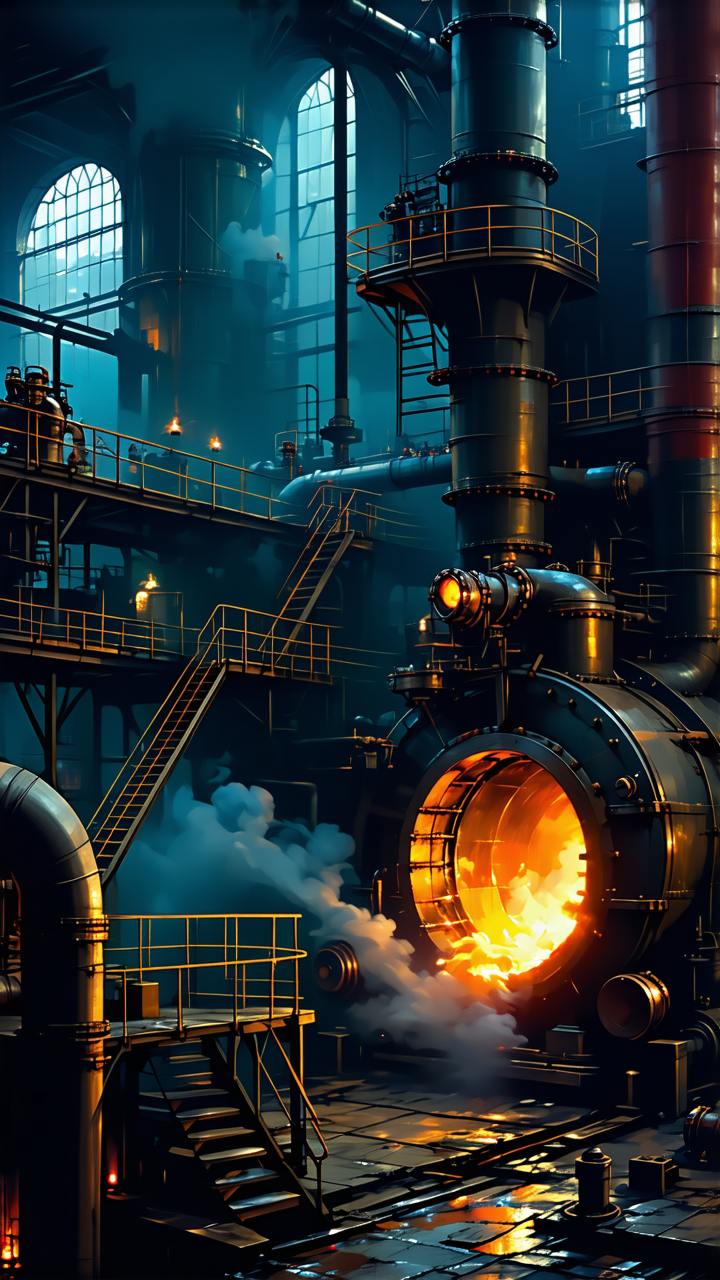Why Drilling for Fossil Fuels Is Not Expected to Fix Our Energy Crisis
Why Drilling for Fossil Fuels Is Not Expected to Fix Our Energy Crisis
New Zealand is facing a growing energy crisis, and despite government plans to boost oil and gas exploration, experts warn that this may not be the solution. With gas reserves dwindling and demand rising, many businesses are struggling to stay afloat.
Gas Supply in Crisis
For John Burling, owner of the Taranaki-based Carac Group, the energy crisis hit hard. Six months ago, he received a call informing him that gas prices were to rise by 40 percent. This led to the immediate shutdown of one of his powder coating plant operations and the shelving of expansion plans.
"What do you mean? How do I pass it on?" Burling asked, stunned by the news. The response was stark: "There's a shortage of gas, so that's going to be the new price."
Businesses across the country are facing similar challenges. Barney Irvine, executive director of the Northern Infrastructure Forum, highlighted that many smaller industrial businesses, which rely heavily on gas, are struggling to survive. "A lot of these businesses are feeling very desperate and pretty lost," he said.
Gas is not only used for heating and cooking in homes but is also critical for industrial processes such as dairy factory operations, fertiliser production, and manufacturing. It is also used to generate electricity when renewable sources like wind, water, and solar are insufficient.
However, New Zealand's gas reserves are in decline. According to data from the Ministry of Business, Innovation and Employment (MBIE), gas production has almost halved in the last ten years. In February 2024, gas supply reached its lowest level since the 1980s. Reserves have also dropped by 27 percent over the past year.
Gas use has fallen by about a third since 2020, as companies close due to high prices or decarbonise in response to climate change.
Government's Plan: Drilling for Gas
The government has recently reversed the 2018 ban on oil and gas exploration, aiming to boost fossil fuel production as a "transition fuel" to reduce reliance on imported coal from Indonesia. Energy Minister Shane Jones has argued that gas is necessary to "keep the lights on" and that the move will help reduce emissions in the long term.
However, critics argue that the policy is short-sighted and will only exacerbate the energy crisis. They warn that drilling for gas will not provide a sustainable solution and will make it harder for New Zealand to meet its climate change targets.
"From a climate change point of view, which everyone should be worried about, we can't afford to burn the existing fossil fuels that have already been discovered on the planet," said Greenpeace executive director Russel Norman. "Also, potentially, you are facing liabilities from other countries who are negatively affected by you burning more and more fossil fuels and destabilizing the climate. So it's grossly irresponsible."
A government Climate Implications of Policy Assessment (CIPA) estimated that reversing the ban would lead to a "substantial increase in emissions" of approximately 14.2 million tonnes of carbon by 2035, primarily from prolonged gas usage in electricity, commercial, and industrial sectors.
Energy users and advocacy groups have called on the government to urgently fix the "broken" energy sector. They argue that the current approach is not working and that businesses are closing, jobs are being lost, and families are being left behind.
"Regional employers are shutting their doors, with hundreds of jobs and decades of investment lost," the group said. "Families and communities are being left behind."
Meanwhile, the government has also announced plans to double geothermal energy production, but critics say this is not enough to fill the gap left by the declining gas sector. They argue that more investment in renewable energy is needed immediately to prevent further industrial closures.
"Unless we can secure more energy soon, industry closures will begin to pile up as businesses run out of options," said commentator Blair. "I don't see a Plan B for a lot of industries in New Zealand. That's the brutal reality of it."
Consumer advocate Jon Duffy added, "There's no Plan A. What we are really missing is a national energy strategy."
For businesses like Burling's, there are no good answers. His increased gas bill led to higher costs for running the gas-fired ovens, but he was unable to pass these on to customers. "It was a bit of a no-win really," he said. He has yet to find an alternative to his gas-fired ovens, and in any case, electricity would be even more expensive than gas.
As the energy crisis continues to deepen, the debate over the role of fossil fuels in New Zealand's energy mix is likely to intensify. With time running out, the government must find a sustainable solution that balances economic needs with the urgent challenge of climate change.

